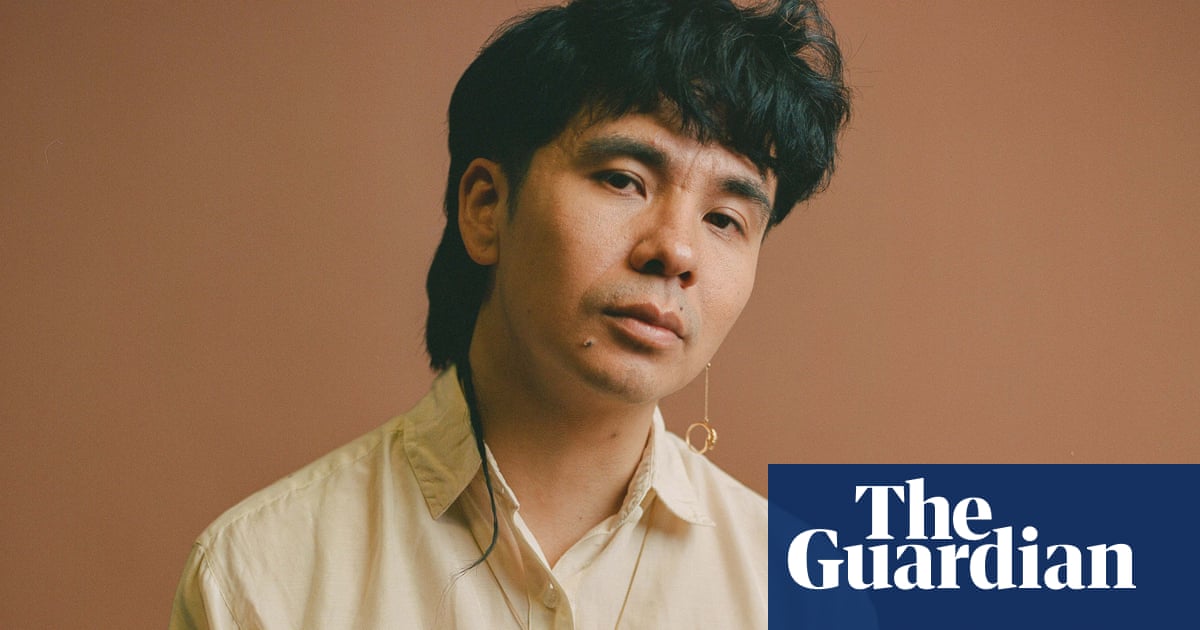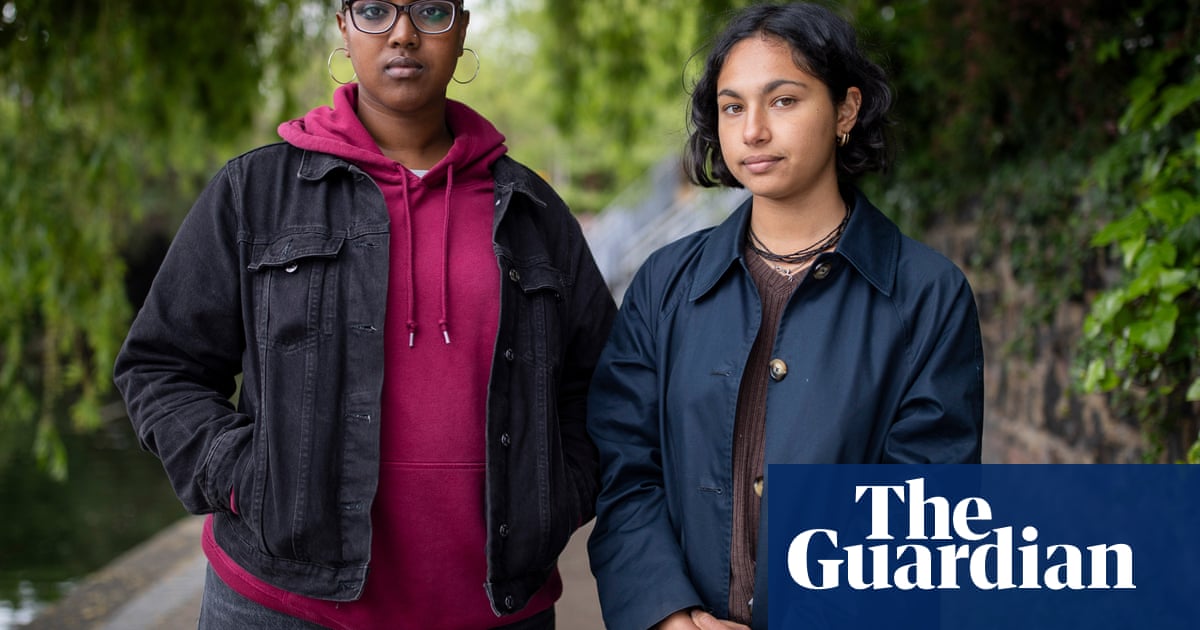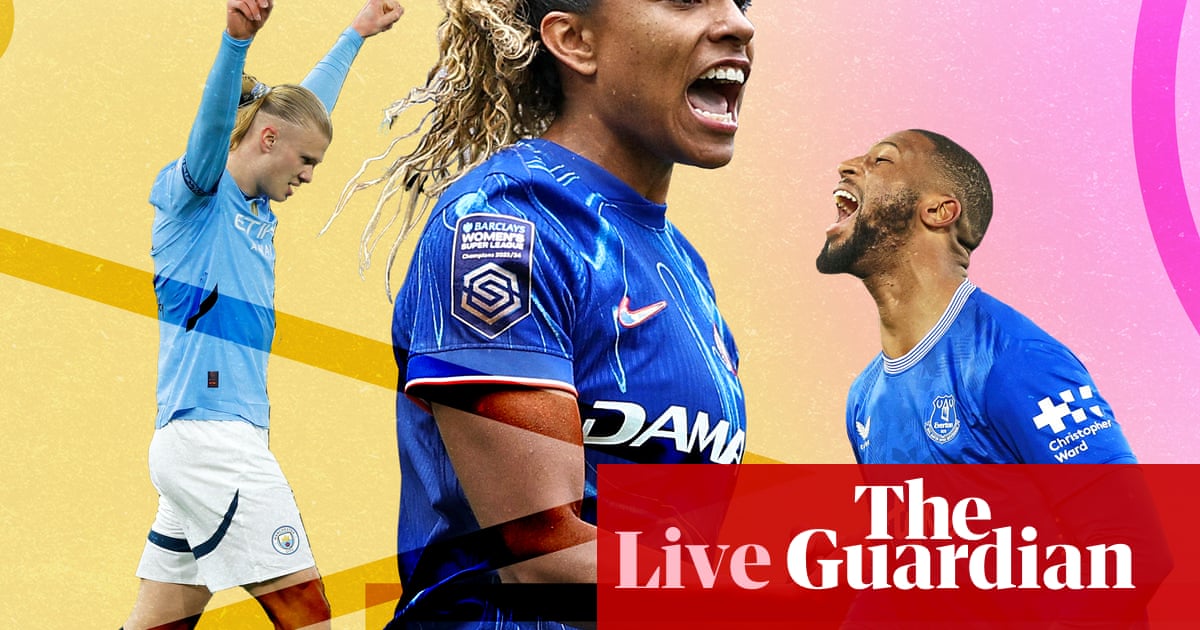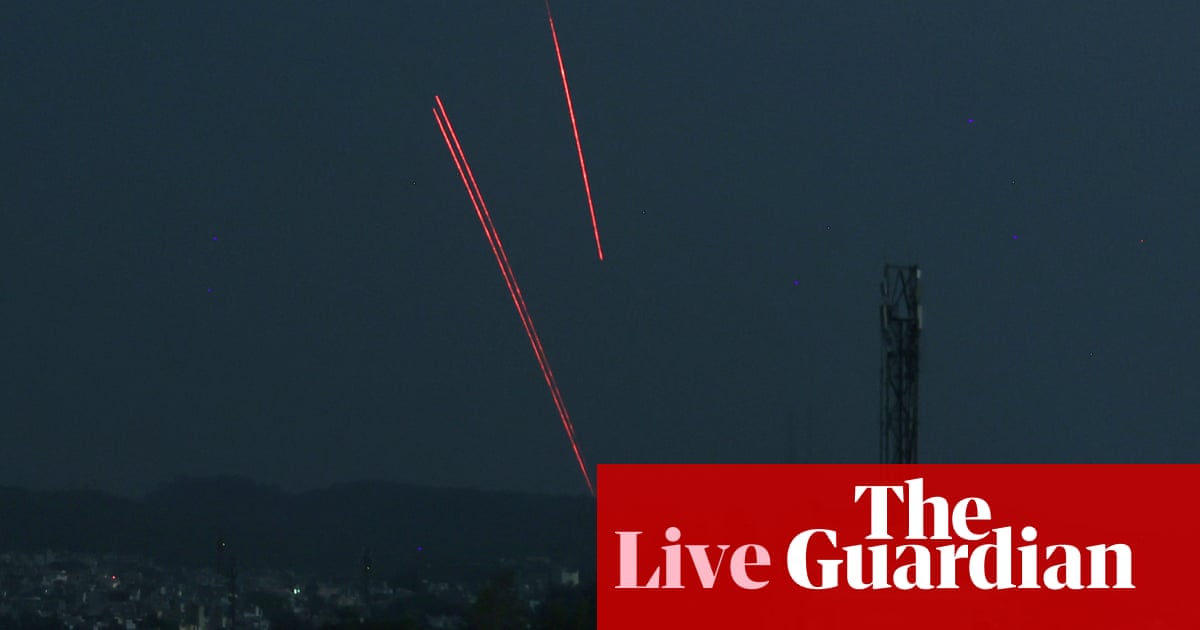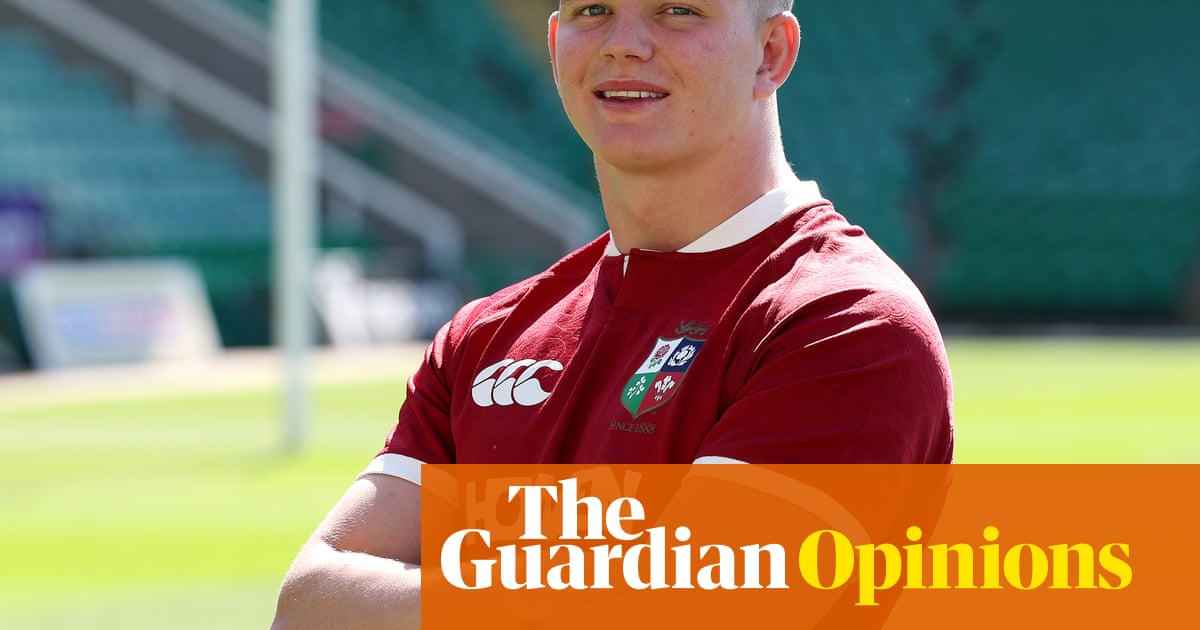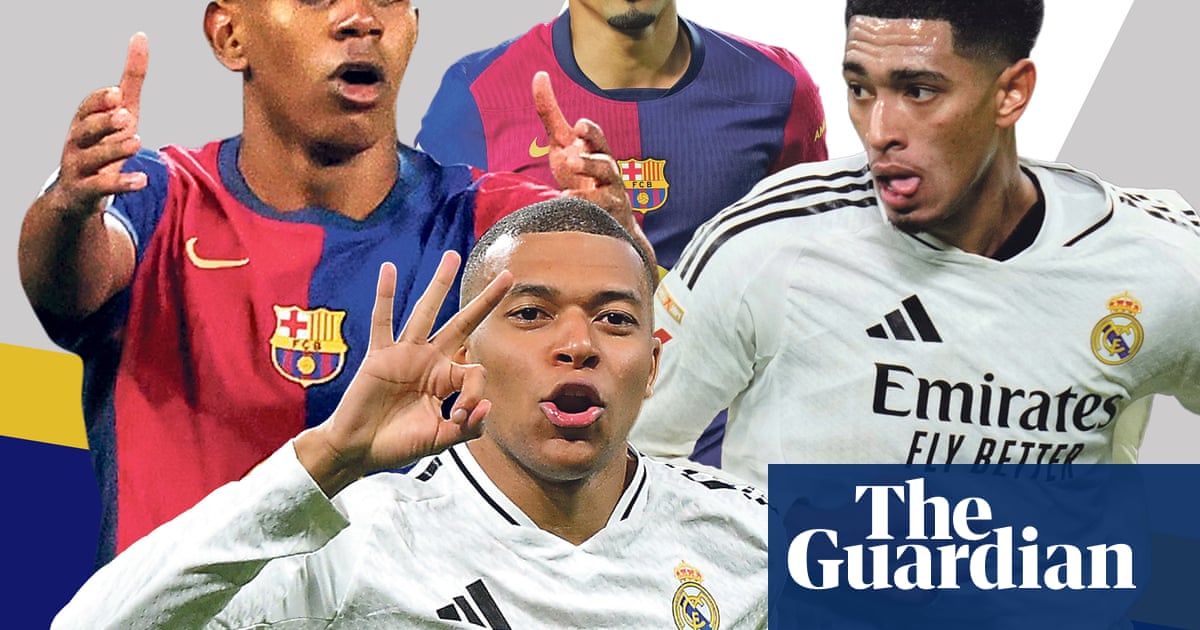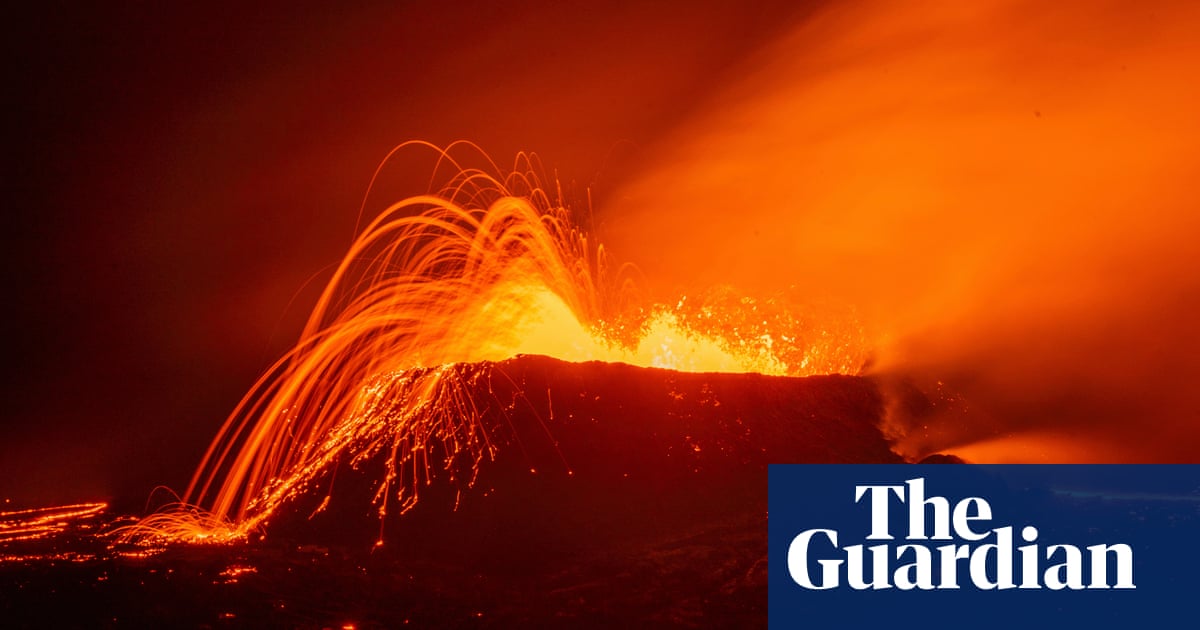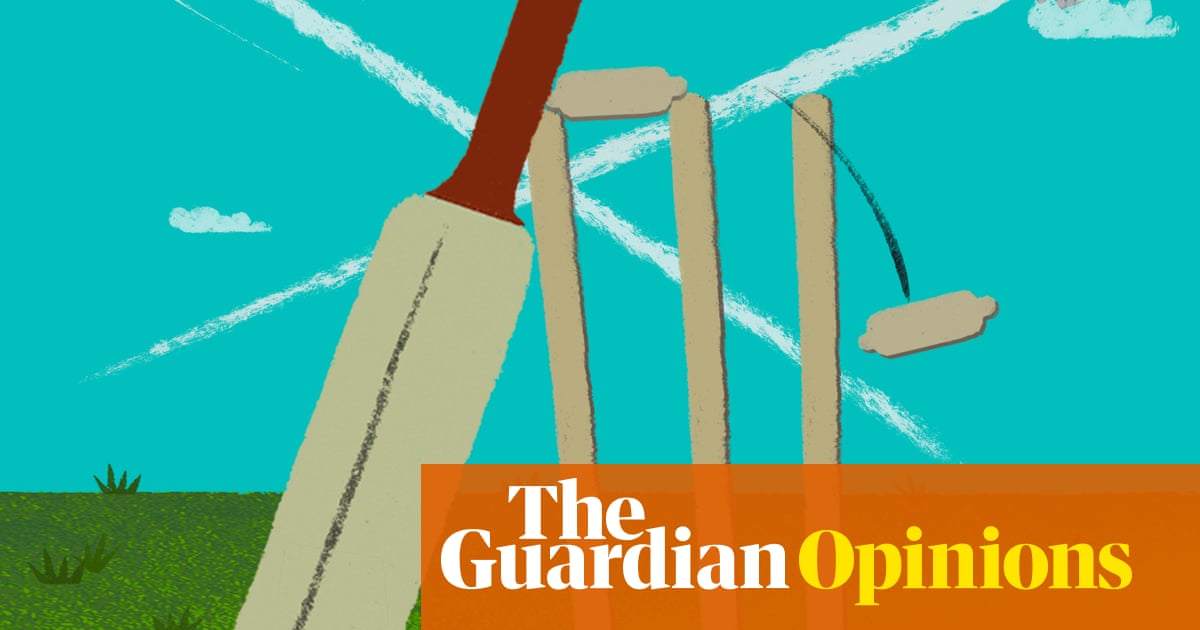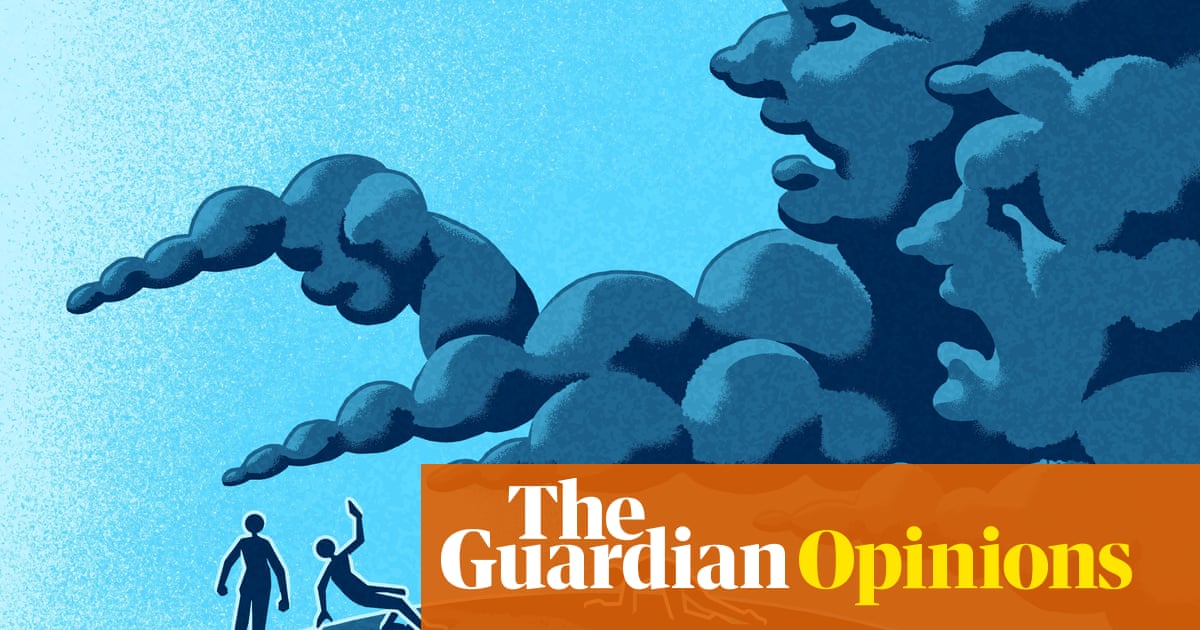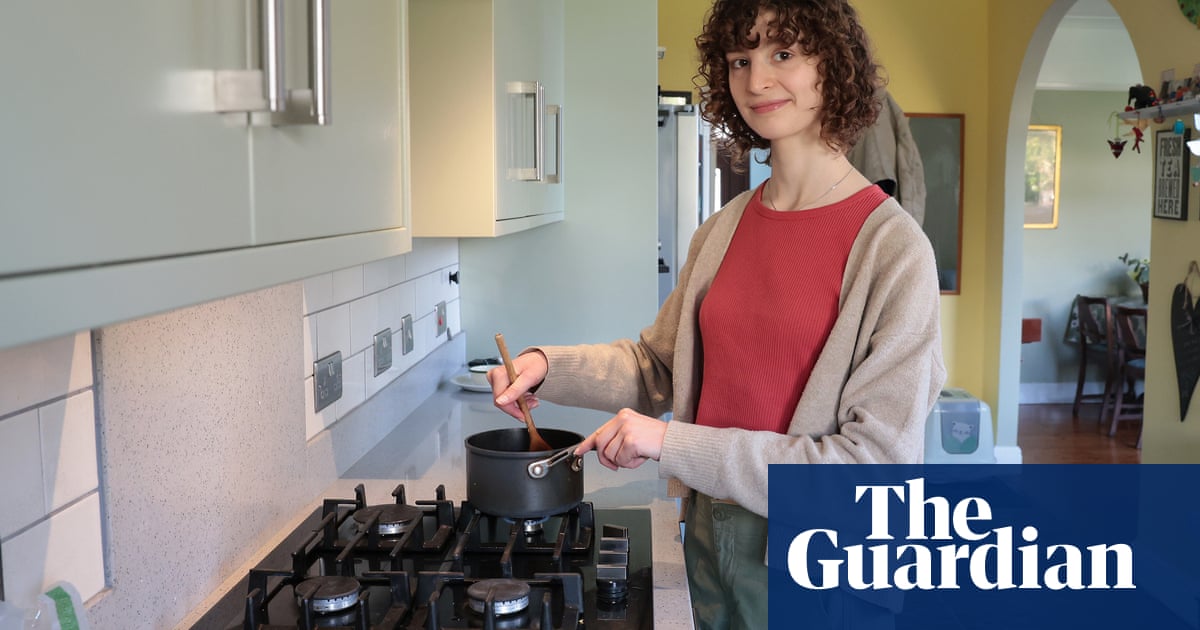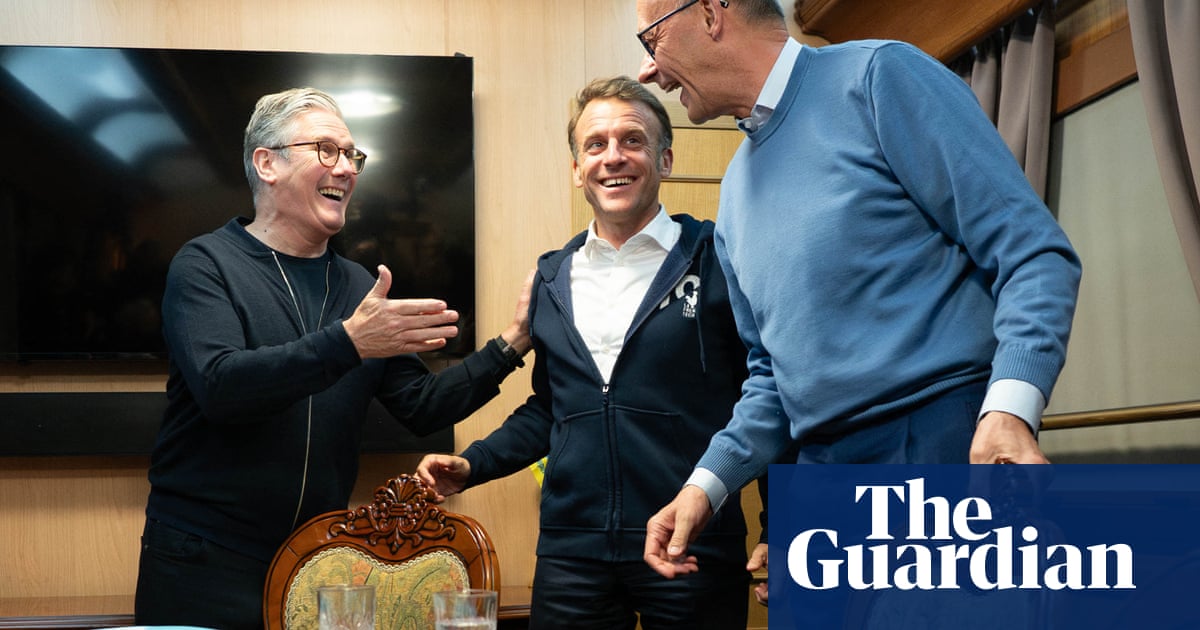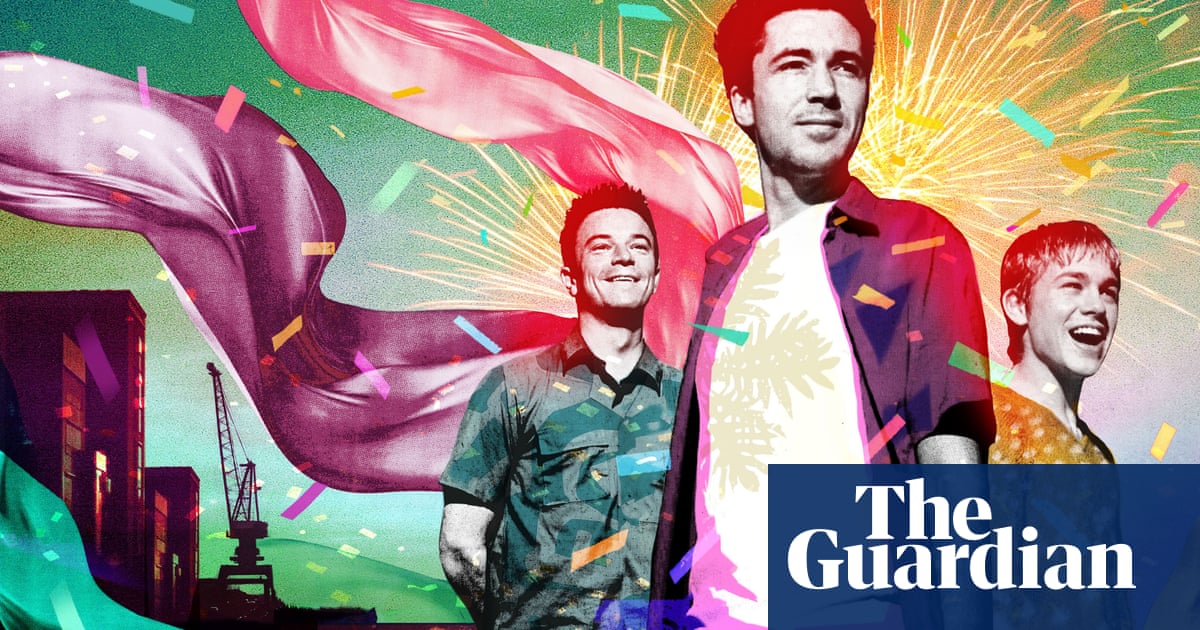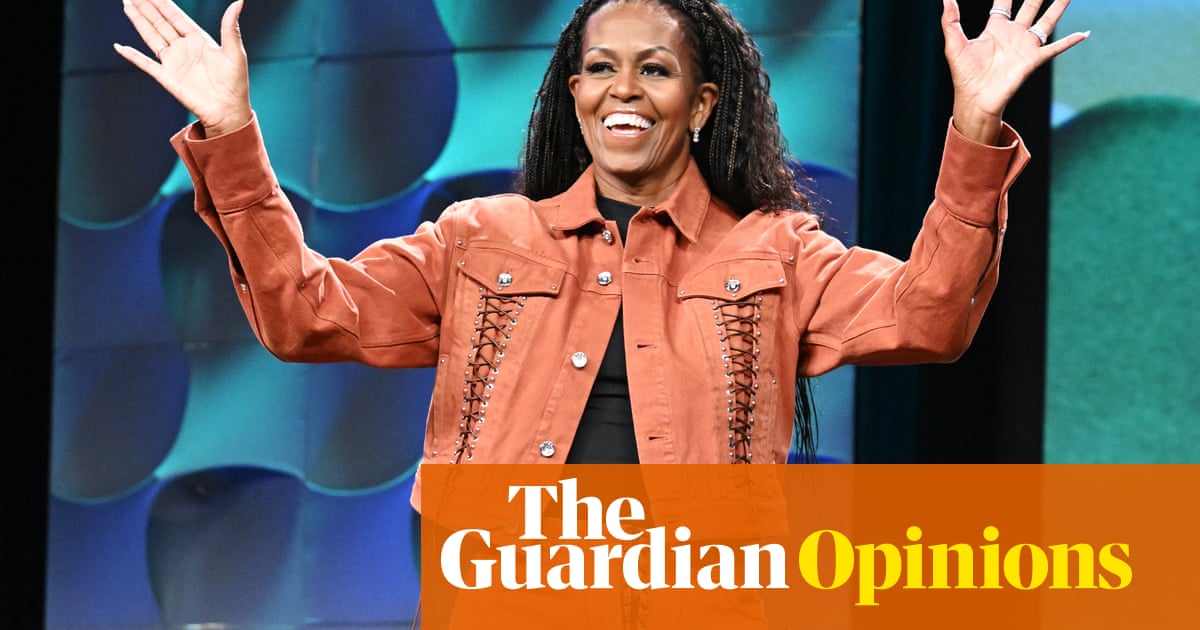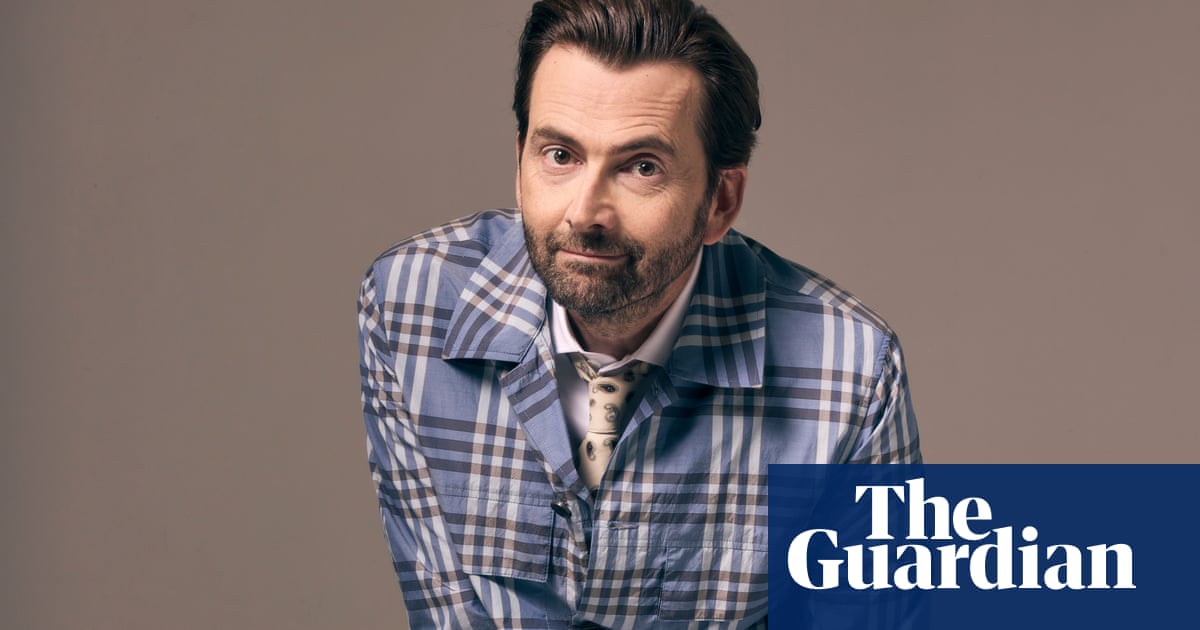Like all major awards ceremonies, the Grammys spawn a mini-industry in predictions: in the weeks before the winners are announced, a rash of articles inevitably appear in which expert voices scan the nominations and foretell who’s going to win. This year, you didn’t really need in-depth knowledge of the music industry or the Recording Academy’s internal machinations to work out what was going to happen, unless there was a major upset.
Across the previous 12 months, a succession of artists impacted in a way that pop music is no longer supposed to do. Its once-central defining role within broader popular culture is held to have been vastly diminished by social media, and yet Kendrick Lamar’s Not Like Us wasn’t just a huge commercial success, it influenced everything, from US sports to the campaign messaging of the American presidential election to sales of the fashion brands featured in its video: if you were going to dub anything the song of the year, it was obviously going to be that. Likewise, Charli xcx’s Brat, an album which caught a mood so completely, its title wound up a widely used (if nebulously defined) adjective: the notion of it ending the night unrewarded seemed fairly unthinkable (though it didn’t triumph in its biggest nominated categories).
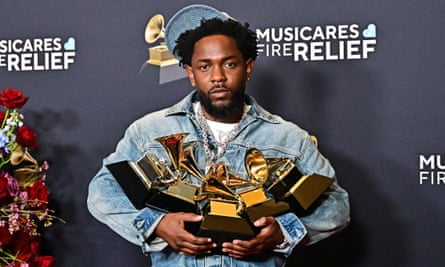
Moreover, Brat was part of a noticeable shift in the tone of mainstream pop music, away from impeccably styled, media-trained, Instagram-filtered perfection towards something messier, more heartfelt and personal, a state of affairs it would have been faintly nuts for the Academy not to recognise. This wasn’t merely the kind of trend that provokes think pieces from critics and ups the general quality of pop music – it was one that also sold millions of records by Sabrina Carpenter and Chappell Roan, both of whom deservedly did well on the night. Should anyone doubt that a new mood in pop is abroad, it’s worth noting that Roan turned up to the ceremony wearing a wimple and drag-queen makeup and spent her acceptance speech excoriating the music industry for its unwillingness to provide young artists with a living wage in an era of record profits. You probably wouldn’t have expected that from the best new artist winner a few years back, but it’s exactly the kind of thing that Chappell Roan does: she’s both impressively outspoken and possessed of a very original take on how a pop star should look.
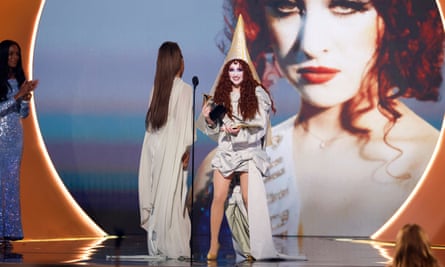
Elsewhere, you could certainly argue the Beyoncé albums that failed to snare the album of the year category in previous years were qualitatively better than the album that finally won it – certainly, 2016’s Lemonade and 2022’s Renaissance were more consistent and conceptually more coherent – but you’d be harder pushed to make a case that Cowboy Carter wasn’t impactful enough. For all it seemed to tire of its Beyoncé-goes-country theme midway through, throwing in everything from hip-hop to psychedelic soul, Cowboy Carter felt of the moment. It featured Shaboozey – ahead of his single A Bar Song (Tipsy) spending a record-setting 19 weeks at the top of the US chart – and it was part of the ongoing vogue for pop artists shifting their sound towards something more country-adjacent, unencumbered by the kind of this-isn’t-country dismissal from Nashville that famously dogged Lil Nas X’s similarly successful Old Town Road five years ago.
Indeed, the closest the Grammys came to controversy – aside from awards for Chris Brown and Dave Chappelle, and a provocative appearance by Kanye West and his wife – was when it seemed most traditional, handing out the best rock performance gong to the Beatles for Now and Then. You could view that as merely an act of sentiment – Now and Then was, after all, dubbed “the last Beatles single”, a final leave-taking from the biggest band of all time – but there’s no getting around the fact that it was a rock performance that required AI to make it happen, previous attempts at extracting a usable vocal from John Lennon’s unfinished 1977 demo having failed because the equipment wasn’t up to it. The rights and wrongs of using AI in music have been hotly debated and one way you could read Now and Then’s success is as a tacit thumbs-up from the music business for a deeply divisive technology, or at least a hopeful suggestion that it might be a wonderful tool rather than a catastrophe for creativity. You have to admire their optimism.

 3 months ago
42
3 months ago
42
